Porky82
Well-known member
Yeah right I had no idea humidity would have a negative effect on the diodes. I try to get my humidity as high as possible in veg and am often in the high 70s with lights on and into the 90s with lights off. Water dripping down the walls stuff.Humidity and burning sulfur also does a nice number on them, we seen more boards grow dodgy in our veg space. Sealed boards should be better as long as the temps are similar.
Thermal cycling also seems to affect the actual pcb - my mate did a bare board light on very low watts and had a few boards fail completely; not burnt diodes but just board stopped working.
I'm now even more impressed with the longevity of these lights!!
Current pic!





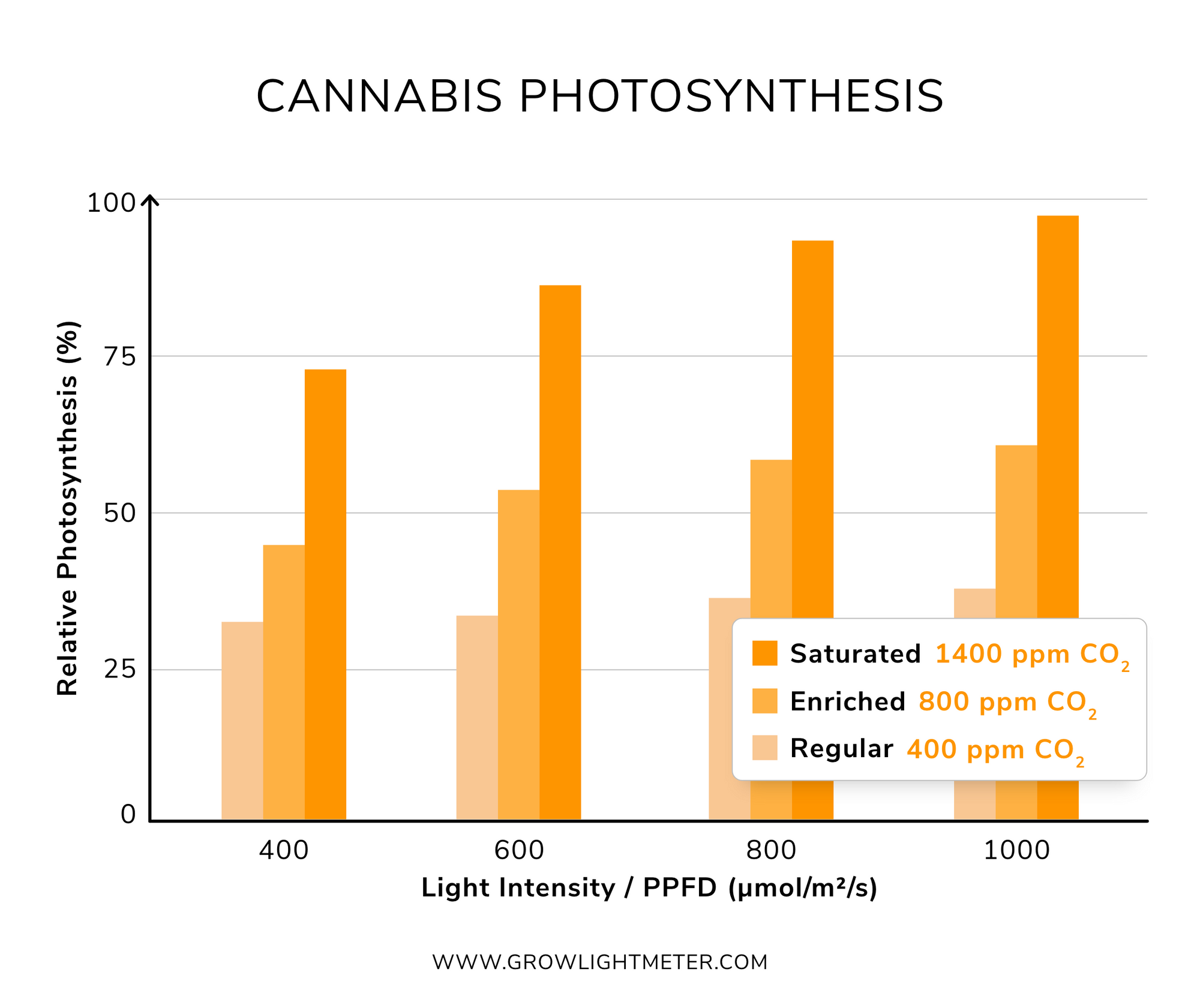
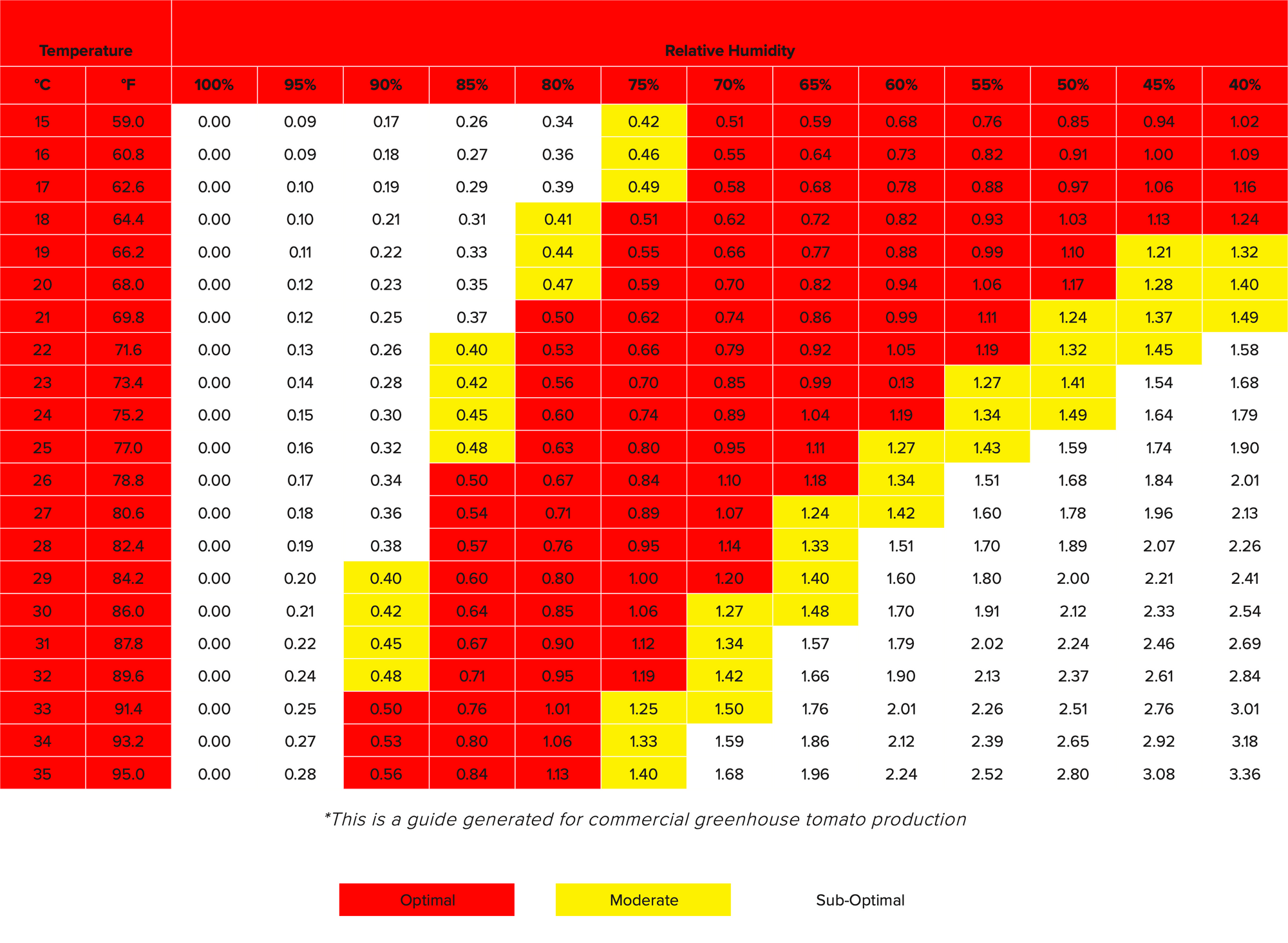
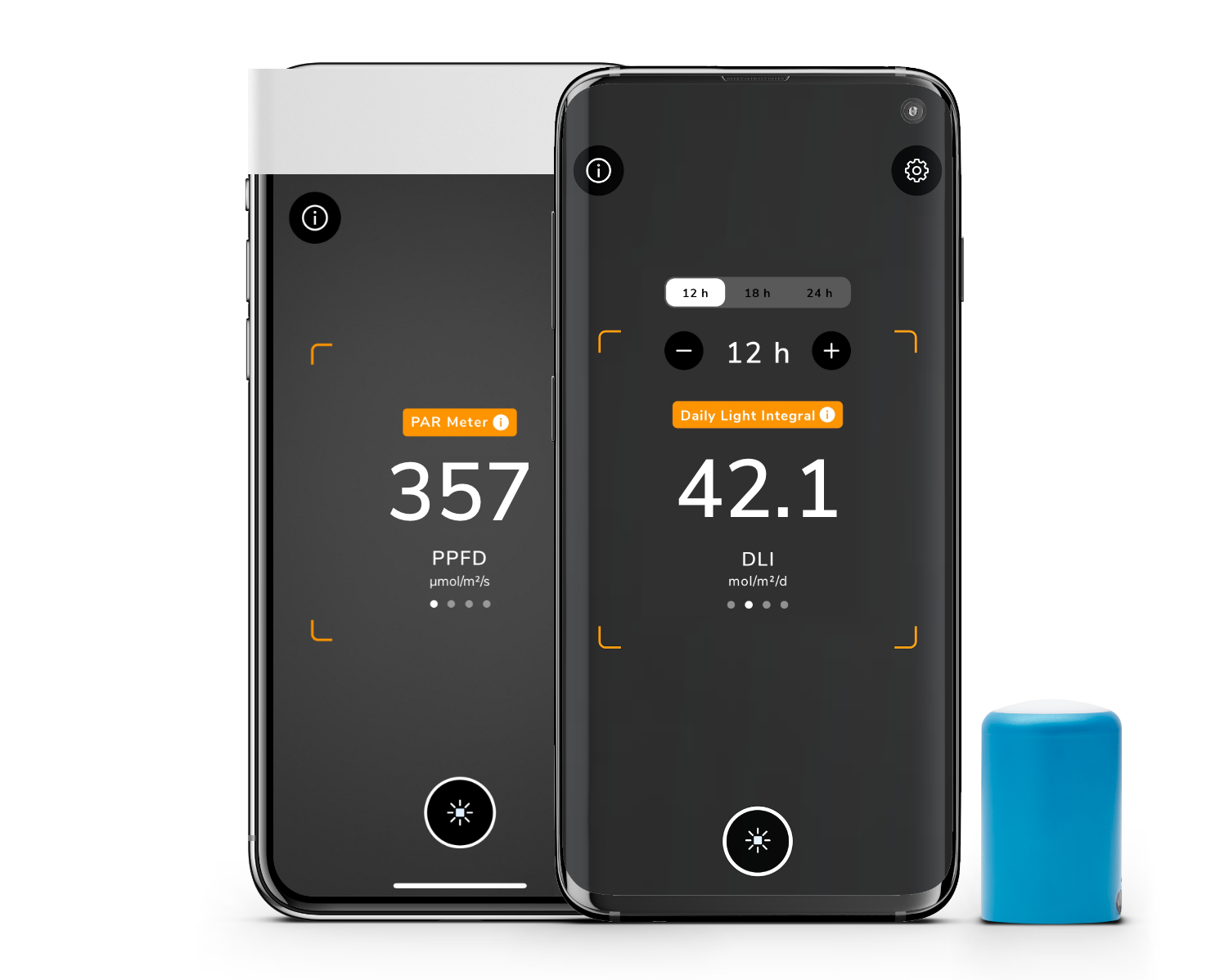
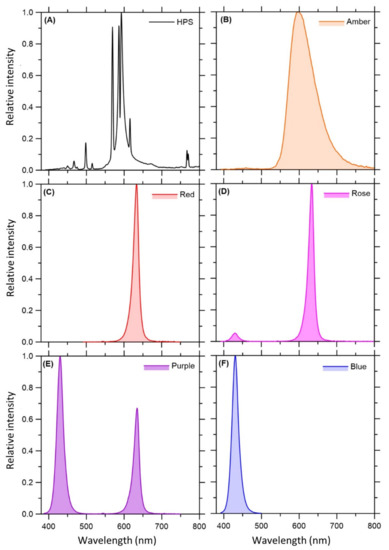


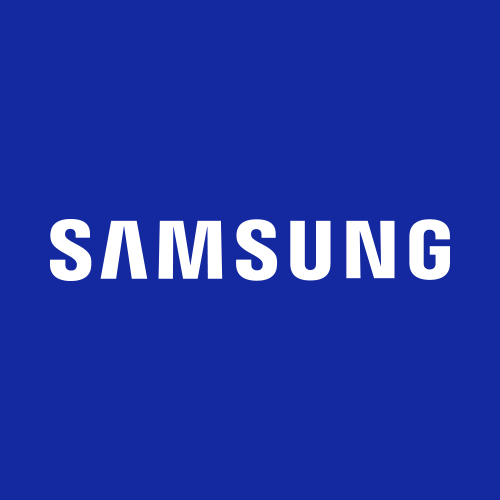
 LM301H EVO
LM301H EVO LM301H
LM301H LM301H ONE
LM301H ONE LH351H-B
LH351H-B LH351H-C
LH351H-C LH351H-D
LH351H-D LH502HD
LH502HD LH241H
LH241H LH281H
LH281H LH351H Red (630 nm)
LH351H Red (630 nm) LH351H Deep Red (660 nm) V4
LH351H Deep Red (660 nm) V4 LH351H Deep Red (660 nm) V2 New
LH351H Deep Red (660 nm) V2 New LH351H Deep Red (660 nm)
LH351H Deep Red (660 nm) LH351H Blue (450 nm)
LH351H Blue (450 nm) Horticulture Module Gen2
Horticulture Module Gen2



























